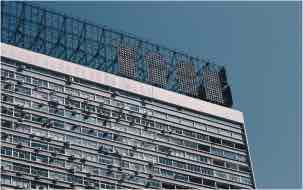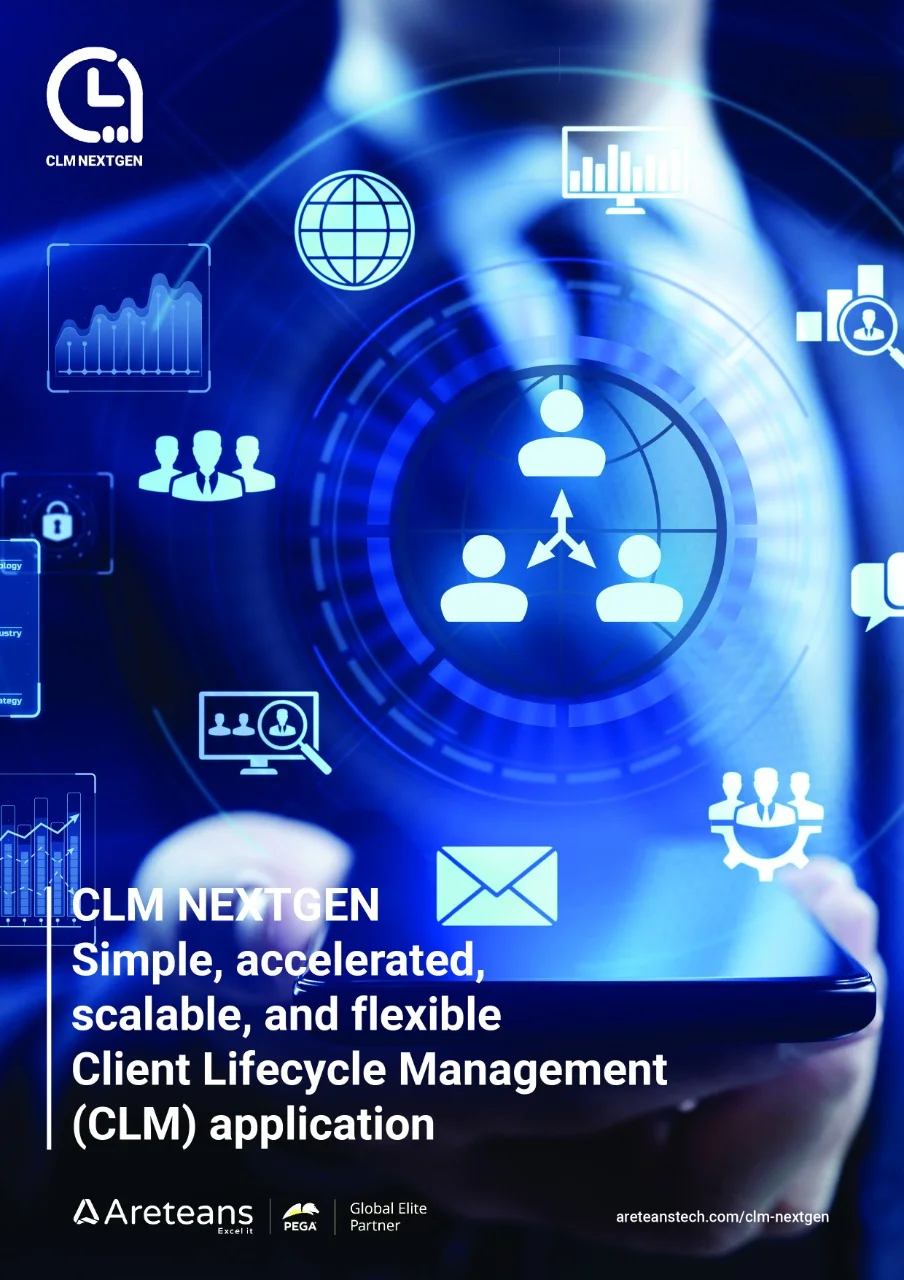Future-proof your business with end-to-end modernization
Don’t just upgrade your system. Build an AI-driven scalable platform with end-to-end automation and intelligent decisioning. Experience enhanced ROI and diminished technical debt.
Future-proof your
business with end-to-
end modernization
What is Modernization?
Digital innovation and technological advancements are reshaping business operations, customer experiences, and partnerships. To stay ahead, businesses need to transform operations by modernizing applications, data, and infrastructure – the pillars of digital growth.
We empower businesses to drive this transformation seamlessly. We help integrate cutting-edge technologies like AI-driven systems and microservices architecture, reducing technical debt and enhancing security measures. Our approach fosters innovation, collaboration, and enhanced decision-making, unlocking the full potential of your business.
Modernization isn’t about upgrading an existing system or replacing it. It’s about building a future-proof platform. But can this be achieved without affecting business continuity or becoming an expensive proposition? Areteans has the answer.



What is Modernisation?
Digital innovation and technological advancements are reshaping business operations, customer experiences, and partnerships. To stay ahead, businesses need to transform operations by modernizing applications, data, and infrastructure – the pillars of digital growth.
We empower businesses to drive this transformation seamlessly. We help integrate cutting-edge technologies like AI-driven systems and microservices architecture, reducing technical debt and enhancing security measures. Our approach fosters innovation, collaboration, and enhanced decision-making, unlocking the full potential of your business.
Modernization isn’t about upgrading an existing system or replacing it. It’s about building a future-proof platform. But can this be achieved without affecting business continuity or becoming an expensive proposition? Areteans has the answer.



How does modernization work?
The eight phases of modernization are:
Assess
Identify gaps, remediations, functionality changes, and areas for improvement.
Update
Fix what is needed to ensure the applications operate on Pega Cloud and the target Pega Infinity version.
Implement
Improve application stability, integrity, security, and performance. Adopt best practices and leverage new features to promote and enable modernization of the application.
Evolve
Fully modernize the applications – innovate and drive competitive advantage. Address all pending gaps preventing the application from reaching a modern state and effectively leveraging the latest Pega features.
Craft a customized strategy
Experience a custom modernization solution tailored to your business needs. We can craft a comprehensive and customized modernization strategy encompassing one or more of the below approaches, enabling you to derive incremental benefits rapidly and move forward with confidence.
Rise beyond upgrades
Experience a generational shift in your IT system with an upgrade to the latest Pega offerings. Harness next-gen technology to implement enhancements, security fixes, and performance improvements that make applications faster, more intelligent, and scalable, revolutionizing your IT systems and unlocking enhanced ROI.
Replatform to the cloud
Simply replatforming your applications to the Pega cloud or one of your choice can enable significant flexibility in storage and compute power – a non-negotiable requirement in this digital age for organization. But why stop at just that? We can help you modernize your applications for the cloud, leveraging advantages like service abstraction, containerization, and isolation for cost-effectiveness and scalability.
Reimagine legacy
We can refactor and rewrite code to infuse legacy applications with the latest innovations and advancements. We can deliver enhanced customer experiences while adhering to the highest security and governance standards.
When migrating to Pega Cloud, the focus is on completing the first three phases (Assess, Update, and Implement) to ensure the initial release on Pega Cloud is stable, secure, and performant.
Why modernization with Areteans?
We simplify and accelerate your modernization journey through agile, scalable systems that offer end-to-end automation and intelligent decisioning. We achieve this using AI, ML, big data, analytics, and cloud, enabling you to enhance decision-making, reduce costs, and unleash your business’s full potential.
Why modernization with Areteans?
We simplify and accelerate your modernization journey through agile, scalable systems that offer end-to-end automation and intelligent decisioning. We achieve this using AI, ML big data, analytics, and cloud, enabling you to enhance decision-making, reduce costs, and unleash your business’s full potential.
success stories


South African retail bank partners Areteans for digital transformation…
Read More →


Australian statutory agency leverages Areteans’ case management expertise to drive efficiency…
Read More →
View All →
research papers


Generative AI:
A primer for CXOs
Download PDF ↓


Eliminating guesswork:
Taking the next best action with Pega CDH
Download PDF ↓
View All →
Ready to usher your enterprise into a new era?
Take the leap with our value-driven modernization strategies. Contact us at: [email protected]
Download your free brochure here


CLM focuses on a complete chain of client transactions and is designed to generate easily-digestible results. While CRM helps preserve clients’ data, CLM helps preserve the client itself.
Reach out to [email protected] to know more.




